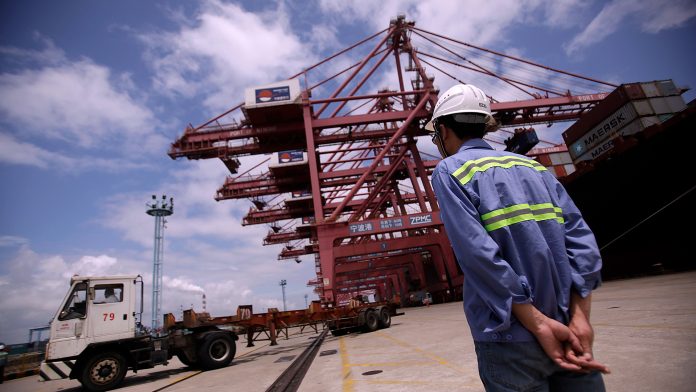Geopolitical tensions, climate change, and technology are transforming the movement of goods and services across borders.
The COVID-19 pandemic has exposed the vulnerabilities of global supply chains. Trade routes are now more susceptible to disruption from geopolitical tensions, climate change, and technological advancements. This is prompting governments and businesses to reconsider how goods and services are transported across borders.
Countries around the globe are reassessing their supply chain dependencies and trade relationships in light of economic and national security considerations. Consequently, protectionism is increasing, regional trade alliances are forming, production facilities are relocating closer to home, and digital and sustainable solutions are gaining traction.
These changes are expected to significantly alter the landscape of global trade in the future.




